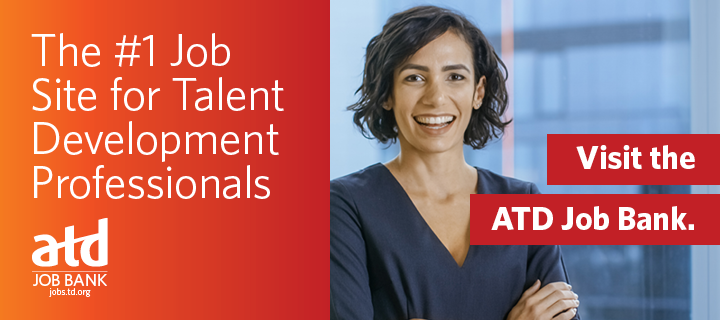When it comes to negotiating salaries, I often hear:
- “I was always taught that if you ask for more money during the interview, you won’t get the job.”
- “I blurted out an amount, and now I regret it. What if I don’t get the job?”
- “You can negotiate? I had no idea. I thought you always had to take the initial offer and that was it.”
Sound familiar?
Myth-Busting
When you ask for more money during negotiations, what’s the worst-case scenario? You won’t get the job? Think again.According to Fidelity, 85 percent of Americans who countered on salary, benefits, other compensation, or all three got at least some of what they asked for.
Approached properly, nearly any offer can be improved. Think total compensation, not only the monetary salary.
Money
Talking about money often makes people uncomfortable. But if you don’t talk about money during the interview process, it can cost you.A Glassdoor study found the average American could be earning $7,500 more per year than their current annual base salary. Ouch!
Raises are based on current salaries. So, a lower initial salary has a compounding effect. Some studies estimate that failing to negotiate can cost you up to $600,000 or more over the course of your career. According to Linda Babcock of Carnegie Melon University, this cost can be as high as $1 million to $1.5 million over the course of a career.
Why Negotiating Your Initial Offer Matters
Consider this salary comparison:Initial offer: Janice takes the initial offer of $73,000. She gets a cost-of-living raise of 3 percent, so her salary becomes $75,190.
Negotiated offer: Lori negotiates and starts at $80,000. Add the 3 percent cost-of-living raise, and her salary becomes $82,400.
Impact: A difference of $7,210. And that’s just the first year.
The increased salary also affects 401K contributions, bonuses, and more, because they’re often based on a percentage of one’s base salary.
Show Me the Money
While pay transparency has increased in recent years, with 60 percent of employers stating a desire to provide more transparency, not all employers take the same approach. One in nine workplaces admits resisting pay transparency altogether.If a salary or salary range is not provided in the job post, during the salary negotiation phase of your interview, your goal is to have the interviewer name a salary first. This gives you a starting point for negotiating.
Negotiate
To position yourself effectively when negotiating your salary, use this framework:- Know
- Show
- OWN
Know: Know your value in the marketplace. Salaries can vary based on years of experience, level of expertise, role, industry, and geographic region. Several online tools can help you benchmark your market value, including salary.com, payscale.com, or your professional association’s latest salary survey.
You can also explore sites like Indeed, Glassdoor, and Vault to get information. Better yet, talk to people you know in similar roles. Bonus: Talk with someone who’s recently left the organization where you’re interviewing and get the inside scoop on the salary range.
This information gives you leverage.
Know what you want beyond salary. You’re negotiating the whole compensation package. Does the company offer bonuses, stock options, hybrid or remote work, continuing education, paid time off (PTO), or paid sabbatical? Other perks may be available as well.
When I coach people on salary negotiation, we dive deep and tailor the coaching, research, and strategy for their targeted role. Next, we role-play it. I play the role of hiring manager and ask tough questions.
Does this work? Yes! My client Tracie said, “I was offered a position at a company I specifically targeted at 23 percent over my current wage.”
Show: Show proof of performance through your documented achievements, special projects, and most importantly, your quantified results.
Showing how you made money, saved money, or improved productivity in some way demonstrates to an employer not only that can you do the job but also that they’ll net an exponential return on their investment in your salary.
A potential employer wants to know what’s in it for them (WIFT). Let this be your focus during an interview. It shows the contribution you can make to their success.
Position your achievements in ways that are relevant to the organization and tie your work to the company’s goals. You’ll be able to do this more effectively by researching the organization ahead of your interview. This strategy also helps the interviewer (or your next boss) picture you in the role. For more power during your negotiation efforts, bring a plan demonstrating how you’ll hit your goals.
People I’ve coached net results; this year one of my clients netted a $15,000 bump in base salary offer, a $10,000 sign-on bonus, more PTO, and a performance-based raise when she hits the goals she outlined during the interview.
Own: You did the work. Own it! Communicate your results powerfully, positively, clearly, and confidently during the interview process.
The work you do documenting your achievements—focusing on quantifiable results—will help you build your confidence, as will rehearsing your approach ahead of the interview.
Congratulations! Now you’re ready to rock your salary negotiations!
When you land your great offer…
Get the Offer in Writing
Handshake deals and verbal offers won’t do. Always get your offer in writing, including the extra perks you negotiated.Good luck! For more job search help, access my free job search action plan here.




